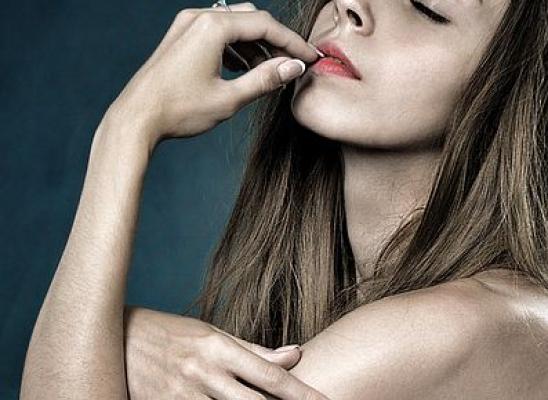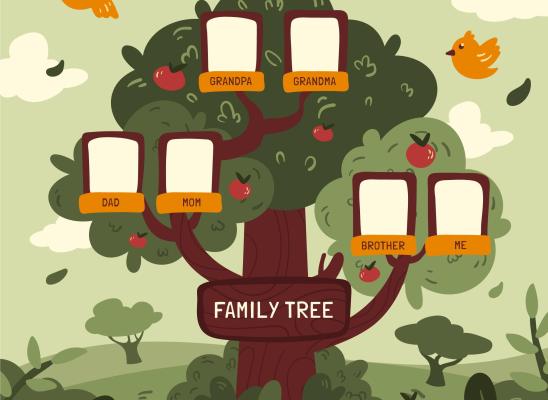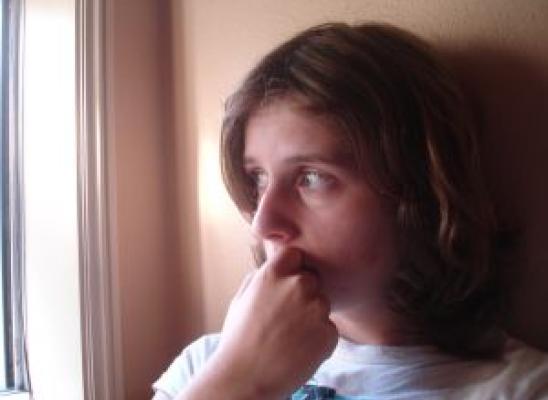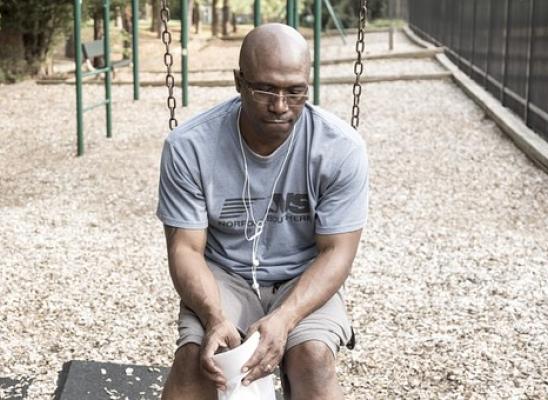Trichotillomania and Anxiety: What You Need to Know
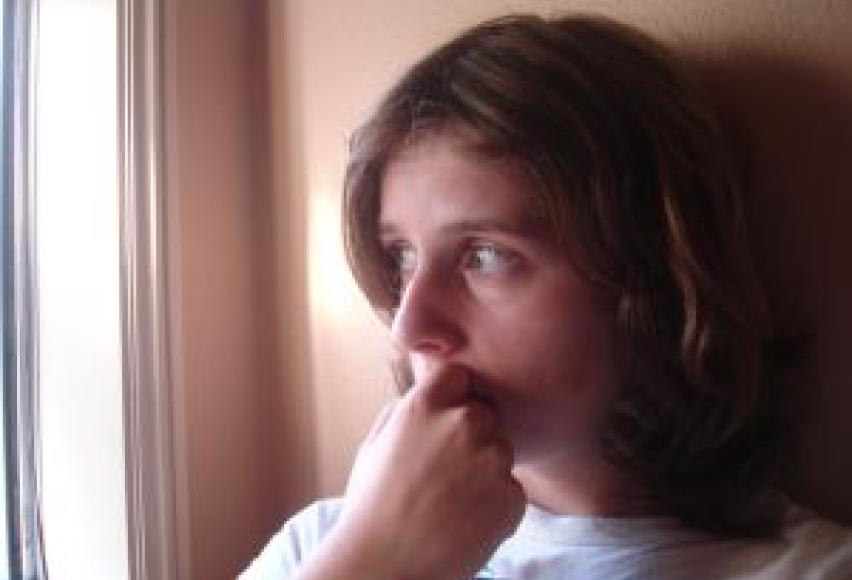
Online test
Find out the severity of your symptoms with this free online test
Trichotillomania, or compulsive hair pulling disorder, is caused by a large variety of different factors. However, most people with the disorder have a neurologically based predisposition to do it. It works as a self-soothing mechanism, helping to keep them calm when they feel stressed or anxious.
The Relationship Between Anxiety and Compulsive Hair Pulling
There is a very strong correlation between trichotillomania and anxiety. Even though the relationship between the two is not completely understood on a scientific level, there is no doubt that the two share a close relationship.
Many people use the hair pulling behavior as a coping mechanism for negative feelings like anxiety. They have an exceedingly tough time coping with difficult emotions such as these without performing the self-soothing behavior.
Pulling out hair does not hurt those with trichotillomania. Furthermore, most of those with it are not trying to damage or hurt themselves. Far from it. Instead they are trying to make themselves feel better, less stressed out, and more calm.
Is Anxiety a Direct Cause or Catalyzer for Hair Pulling?
There has been much debate as to whether anxiety is a direct cause for hair pulling or just a catalyzer. In other words, there is the question of whether anxiety causes hair pulling or whether anxiety simply makes the behavior more common.
One school of thought says that, yes, anxiety is a direct cause of hair pulling and trichotillomania. The reason behind this is that anxiety and depression are both frequently encountered in people with the disorder. Beyond this, many cases of trichotillomania are triggered by stress. These people begin pulling hair when they are in high-stress situations.
On the other hand, some people see the cause of hair pulling as completely different. They see it as a more of an “addictive” behavior. In this train of thought, those with trichotillomania pull their hair when they are anxious and not because they are anxious.
The Trichotillomania Cycle Effect
Unfortunately, many of those with trichotillomania experience a sort of “cycle effect” between hair pulling and anxiety.
Whether anxiety is what caused them to perform the behavior in the first place, it soon factors in. Look at it this way: a stressful situation comes up. Someone with trichotillomania and prone to stress begins to pull their hair to cope with it. The actual physical act of pulling their hair then begins to cause them more stress. They wonder why they can’t stop, what’s wrong with them, why they are pulling their hair out. Even after the hair pulling action stops, anxiety is still present. Those with trichotillomania often remain stressed after hair pulling as they are worried what people will think if they know they pull out their own hair on a regular basis.
Trichotillomania and Anxiety
There is no denying that there is a strong correlation between trichotillomania and anxiety. In many ways, anxiety acts as one of the most common triggers for hair pulling. Only time and more scientific research will definitively clear up the relationship between the two.
Online test
Find out the severity of your symptoms with this free online test
Start your journey with TrichStop
Take control of your life and find freedom from hair pulling through professional therapy and evidence-based behavioral techniques.
Start Now
